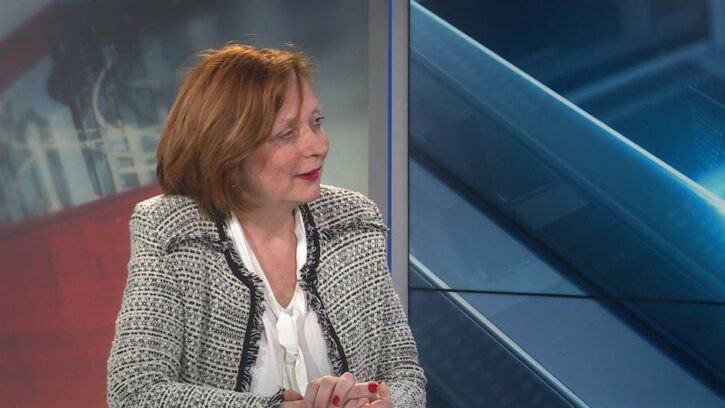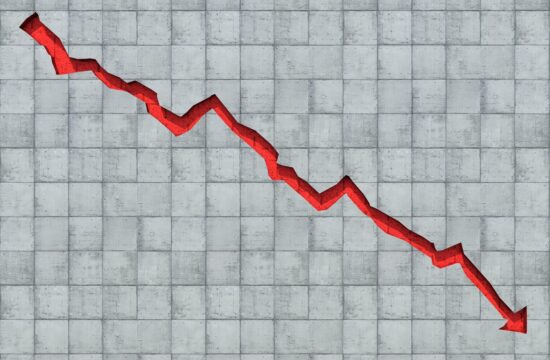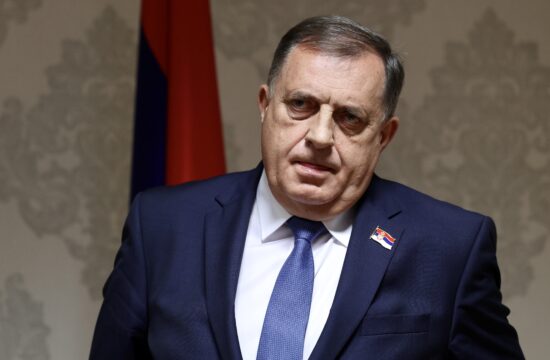
The Western Balkan countries need almost two centuries to reach an average income of the European Union member states if they progress at such a low growth rate, EBRD Director for the region Zsuzsanna Hargitai said on Wednesday, the Beta news agency reported.
According to her, some of the main reasons for relative lagging of the Western Balkans are complex business regulations and procedures and significant influence the state has in public enterprises which mostly have unfair advantages compared to private companies.
However, Hargitai said the course could change since the regional countries had well-educated people who could be productive as their peers in Western Europe.
“Better institutions, less of states’ involvement and more investments in infrastructure are the EBRD primary tasks in helping the region,” she told the Business Magazine.
Hargitai, whose office is in Belgrade, said the EBRD would invest 500 million Euros in Serbia this year with 70 percent allocated for the private sector.
“Our aim is not to increase EBRD investments for the sake of it. We are trying to secure the financing which is not available in the otherwise well-developed banking system in Serbia and to reach the medium and small businesses. We would also like to see better preparations and implementation in public infrastructural projects to get to the desired results,” Hargitai added.
The new EBRD financing in Serbia through bank loans and leasing companies will mostly go to the green economy, mortgage and trade financing.
“Among the planned projects in the private sector, there are direct foreign investments as well. In the public sector, we expect to sign the first project in the area of climate resistance and irrigation. Besides, we continue the first project in energy efficiency in four significant public buildings with Belgrade, supported by the EU, including substantial investments grants,” said Hargitai.
She added that the Srbija Voz company would receive additional money for its rolling stock.
Hargitai confirmed the EBRD support of reforms in Serbia in all areas, including better work and coordination of the inspections, improvement in the state Power Company and Srbija Voz corporative management, and the training of experts in public procurement.
She said the United Group stood out with its new technologies, broadband and cable television services in six countries, and also by attracting big global players in private capital business.
Hargitai said that medium enterprises in Serbia which EBRD had offered business advice to, had been increasing their trade for 14 percent per year, like Forma Ideale, MK Grupa, Marbo and Bambi.




